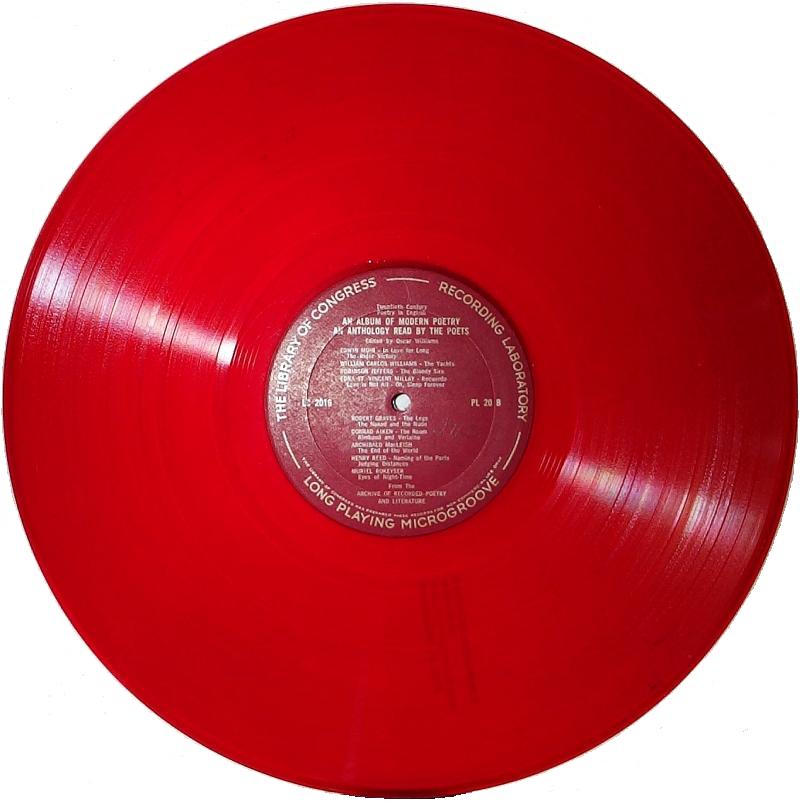Laurence Perrine was born in Toronto, Ontario, and earned his Ph.D. from Yale in 1948. From 1946 until his retirement in 1980, he taught at Southern Methodist University in Dallas, Texas, where he was appointed the Frensley Professor of English Literature in 1968. In 2007, the estate of Perrine's widow endowed a chair at the university and funded scholarships in her husband's memory.
Sound and Sense provides explanatory chapters on the subjects of imagery, metaphor, allegory, tone, rhythm, and meter, along with exemplary poems both modern and classic, followed by questions for discussion in the classroom. Older editions included Henry Reed's best-known poems from Lessons of the War: "Naming of Parts" and "Judging Distances." Perrine's suggested questions for "Naming of Parts" have been on the Web for some time, so to that let us add his questions for "Judging Distances".
Not everyone agrees with Perrine's personal approach to judging poetry; all writing which has risen to the status of a religious text risks satire. Sound and Sense holds the honor of being the inspiration for the work of the fictional critic and authority, Dr. J. Evans Pritchard, expertly lambasted in the film Dead Poets Society (1989):
(Notice how the "B" of Byron and "S" for Shakespeare conspire to create the accepted abbreviation for "bullshit".) In the chapter "Bad Poetry and Good," Perrine similarly states:
In judging a poem, as in judging any work of art, we need to ask three basic questions: (1) What is its central purpose? (2) How fully has this purpose been accomplished? (3) How important is this purpose? The first question we need to answer in order to understand the poem. The last two questions are those by which we evaluate it. The first of these measures the poem on a scale of perfection. The second measures it on a scale of significance. And, just as the area of a rectangle is determined by multiplying its measurements on two scales, breadth and height, so the greatness of a poem is determined by multiplying its measurements on two scales, perfection and significance. If the poem measures well on the first of these scales, we call it a good poem, at least of its kind. If it measures well on both scales we call it a great poem.
[p. 198]
There's a lot of good in Sound and Sense, but damn. How do you construct a counterargument to refute Dead Poets Society?









